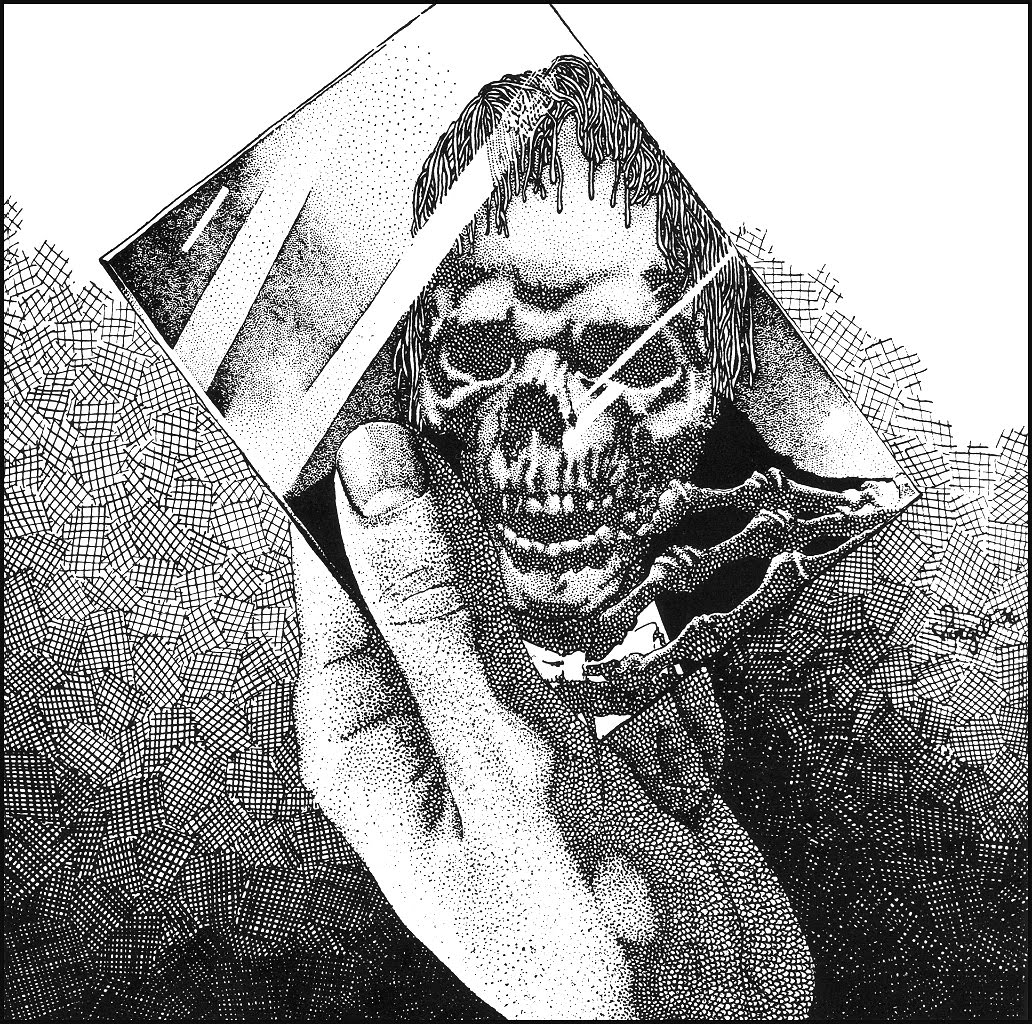Replica, in terms of style, will be nothing new for fans of Daniel Lopatin’s Oneohtrix Point Never project. Like past works, he focuses in on the vibe and atmosphere conveyed by the his brand of microsampling, but here it seems so much more fully formed than the past.
Though the vibes that this set of ambient material gives off are relatively similar to last year’s Returnal, the aural spaces that it creates are so much richer. Tracks like “Nassau,” built on a milliseconds-long vocal sample that’s manipulated incessantly over the course of the track, give depth and reprieve from the sort of drone that he creates elsewhere. Given the sounds he created on Returnal, it seemed odd earlier this year that Village Voice fingered Lopatin as one of the proponents of nostalgia-driven music seen most obvious in chillwave. Aside from being mostly pleasant to listen to electronica, Returnal shared no real obvious connection to the genre, but on Replica the connection — at least of an ideological sort — is much more tangible. This certainly isn’t to say that Replica is a chillwave record, that really couldn’t be further from the truth. Lopatin’s style is so much more nuanced and fully-formed than the majority of legion of beats based bedroom poppers who hit the music scene in the last several years. But what Lopatin seems to share with a producer like Teen Daze, is a fixation on the past. Where Teen Daze explores it through hazy 80s indebted beat tracks, Replica seems to be the sound of old technology itself. Where Teen Daze views life through vaseline-smeared lenses, Lopatin’s most recent effort is the vaseline itself. His tracks foster the same feelings of affinity to the past without being heavy-handed in their references. These tracks don’t really seem to have any particular lineage in 80s music, but when they rattle, they recall the rattling of old VHS tapes, when they cool down their digital haze still seems like the weird quality of watching rips of those same VHS tapes on YouTube.
“Sleep Dealer” in particular seems representative of this sort of vibe. Its dominant samples come from an old Folgers commercial, according to a recent Lopatin interview, and that really seems of no surprise. Though the sample is chopped to a degree that it’s unrecognizable as a part of any sort of coherent whole, it represents the warmth that Lopatin’s 80s references hold. This is a work, though darker than most of the 80s revival work, is so much fuller than the rest of Lopatin’s catalog. With a heavier reliance on piano and this newer emphasis on these samples, it’s an astounding achievement in a young career already marked by solid works.
Even Lopatin’s recent press photos seem indicative of his embracing of this aesthetic. He appears turned away from the camera outlined in a weird sort of digital distortion. And that’s the sound of this record, not 80s fetishism, but the sound of the 80s themselves. It draws back memories of times long past, but not the heavy-handed ways of the bedroom poppers.


